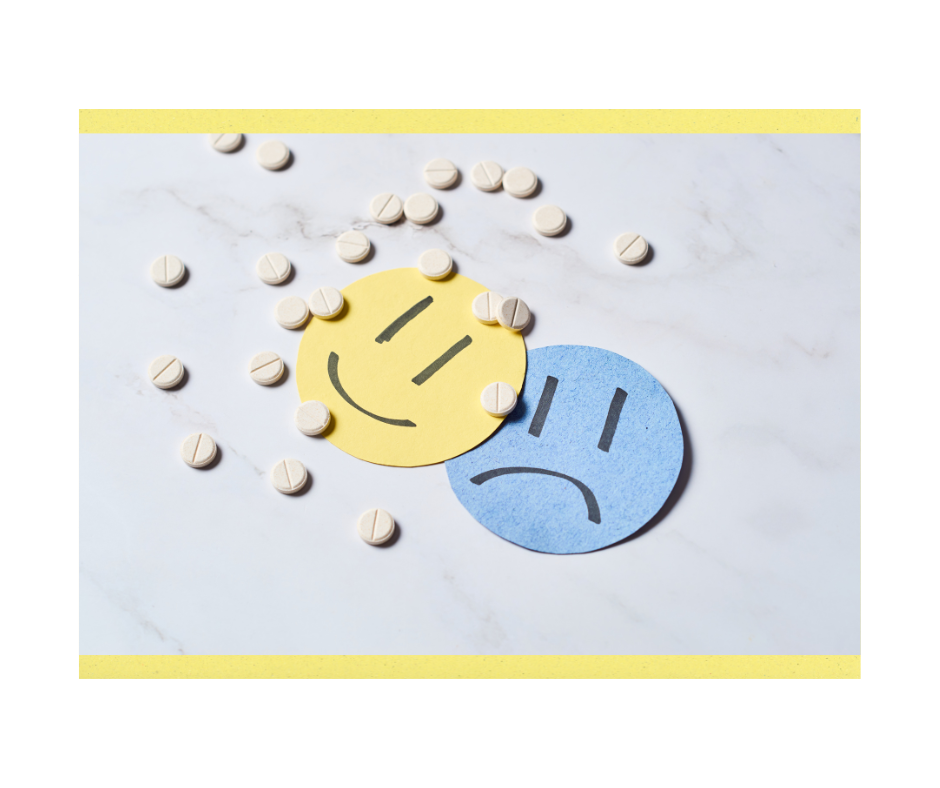
Understanding the Link Between Addiction and Mental Health
Addiction and mental health issues are two critical aspects of well-being that are often intertwined. Understanding their connection is crucial for effective treatment and support. This blog aims to shed light on how addiction and mental health influence each other and what can be done to address these challenges.
The Connection Between Addiction and Mental Health
Addiction, whether to substances or behaviors, and mental health disorders, such as depression, anxiety, and PTSD, often coexist. This co-occurrence is known as dual diagnosis or co-occurring disorders. There are several reasons why these issues frequently occur together:
- Shared Risk Factors: Both addiction and mental health disorders can stem from similar risk factors, including genetics, early life trauma, and environmental stressors. For instance, individuals with a family history of mental illness or addiction are more likely to develop these conditions.
- Self-Medication: People struggling with mental health issues may turn to drugs or alcohol as a way to cope with their symptoms. This self-medication can temporarily alleviate feelings of anxiety, depression, or stress, but it often leads to addiction and worsens the underlying mental health condition over time.
- Neurochemical Changes: Addiction can alter brain chemistry, affecting mood, decision-making, and behavior. These changes can trigger or exacerbate mental health disorders, creating a vicious cycle where addiction and mental health issues perpetuate each other.
Recognizing the Signs
Understanding the signs of co-occurring disorders is essential for early intervention and treatment. Some common indicators include:
- Changes in Mood and Behavior: Sudden mood swings, irritability, or extreme changes in behavior may signal a dual diagnosis.
- Increased Substance Use: Escalating use of drugs or alcohol to manage mental health symptoms.
- Withdrawal Symptoms: Experiencing withdrawal symptoms when not using substances, such as anxiety, depression, or insomnia.
- Isolation: Withdrawing from friends, family, and activities that were once enjoyable.
Treatment Approaches
Treating co-occurring disorders requires an integrated approach that addresses both addiction and mental health simultaneously. Here are some effective strategies:
- Comprehensive Assessment: A thorough evaluation by healthcare professionals to diagnose both conditions accurately is the first step. This assessment helps in creating a personalized treatment plan.
- Integrated Treatment Programs: Programs that provide simultaneous treatment for addiction and mental health disorders are most effective. These programs often include a combination of therapy, medication, and support groups.
- Cognitive Behavioral Therapy (CBT): CBT helps individuals identify and change negative thought patterns and behaviors contributing to their addiction and mental health issues. It equips them with healthier coping mechanisms.
- Medication-Assisted Treatment (MAT): In some cases, medications can be prescribed to manage withdrawal symptoms, reduce cravings, and treat mental health disorders. MAT is most effective when combined with therapy.
- Support Systems: Building a strong support network is crucial for recovery. Support groups, family therapy, and community resources can provide the encouragement and assistance needed to maintain sobriety and mental health.
Conclusion
Understanding the complex relationship between addiction and mental health is vital for effective treatment and recovery. By recognizing the signs of co-occurring disorders and seeking integrated treatment, individuals can achieve a healthier and more balanced life. Remember, seeking help is a sign of strength, and there are resources available to support you on your journey to recovery.
